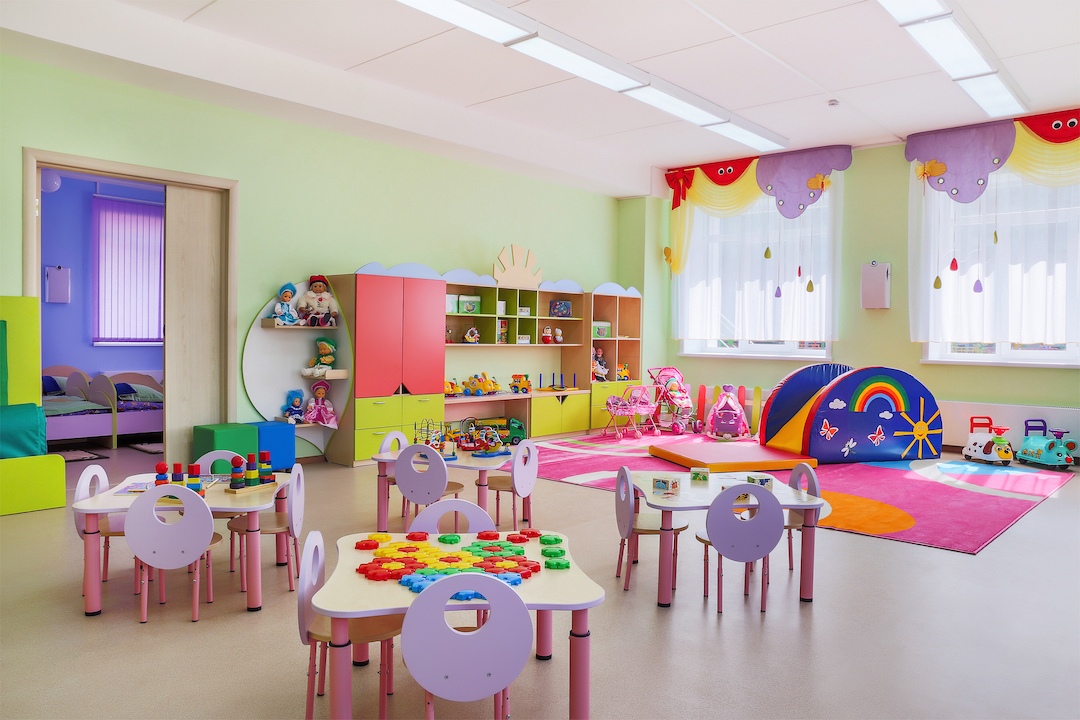As parents, we’re always attuned to our children’s development, with communication milestones being particularly crucial. Two conditions that often concern parents are autism and speech delay. While they can share some similarities, understanding their differences is vital for proper diagnosis and intervention. Let’s explore seven key distinctions between autism and speech delay that every parent should be aware of.
Understanding the Differences
1. Overall Communication Skills

Communication is more than just words – it’s how we connect with others.
Autism:
- Impacts both verbal and non-verbal communication
- Difficulty understanding social cues and maintaining eye contact
- May struggle with both expressive and receptive language
Speech Delay:
- Primarily affects ability to produce spoken language
- Other forms of communication often remain intact
- Usually understand language well and use gestures effectively
2. Social Interaction

How children engage with others can provide important clues about their development.
Autism:
- May show less interest in social interaction
- Difficulty understanding social norms
- Might prefer solitary activities or struggle to form friendships
Speech Delay:
- Strong desire to interact with others despite verbal challenges
- Engage in play and seek social connections
- Typically develop age-appropriate social skills
3. Repetitive Behaviours

The presence or absence of certain behavioural patterns can be telling.
Autism:
- Often includes repetitive behaviours (e.g., hand-flapping, rocking)
- May have intense, focused interests in specific topics or objects
- Rigid adherence to routines
Speech Delay:
- Doesn’t typically involve repetitive behaviours
- Display a wide range of interests and play patterns
- Flexible with routines and changes
4. Sensory Sensitivities

How children respond to sensory input can differ significantly between these conditions.
Autism:
- Many experience sensory sensitivities or sensory-seeking behaviours
- May be overly sensitive to sounds, lights, or textures
- Might seek out intense sensory experiences
Speech Delay:
- Sensory issues not typically associated
- Usually process sensory information normally
- No unusual reactions to sensory stimuli
5. Language Comprehension

Understanding language is as important as speaking it.
Autism:
- May struggle with both receptive and expressive language
- Difficulty interpreting abstract language, idioms, or sarcasm
- Might have echolalia (repeating words or phrases)
Speech Delay:
- Often understand language better than they can produce it
- Follow instructions and respond appropriately to questions
- Typically grasp abstract concepts age-appropriately
6. Progress with Intervention

How children respond to therapy can provide valuable insights.
Autism:
- Progress may be complex and varied
- Often requires a multifaceted approach
- Improvements in multiple areas of development
Speech Delay:
- Often make significant progress with speech delay therapy
- Speech delay activities can be highly effective
- May catch up to peers with targeted intervention
7. Consistency Across Situations

Observing behaviour in different environments can reveal important patterns.
Autism:
- May display varying levels of communication skills in different situations
- Might communicate more effectively in familiar environments
- Performance can be inconsistent day-to-day
Speech Delay:
- Usually presents consistently across different environments
- Similar language skills at home, school, and other settings
- More predictable performance in various contexts
Seeking Support
Understanding these differences can help parents seek appropriate support for their children. If you’re concerned about your child’s speech development, consider consulting a professional. Look for speech delay therapy near you to get expert evaluation and guidance.
Remember, early intervention is key for both speech delays and autism. The sooner you identify and address these issues, the better the outcomes for your child.
Are you looking for specialised support for your child? GogoKids offers a comprehensive directory of special needs centres across Malaysia. From early intervention centres to autism specialists, you can find the right professionals to support your child’s unique needs. Click HERE to explore our directory of special needs centres and take the first step towards empowering your child’s development.

The Ultimate Guide to Taekwondo Belts: Unlocking Levels and Secrets

8 Must-Join Enrichment Classes to Skyrocket Your Child’s Skills

In Malaysia’s diverse educational landscape, an increasing number of non-Chinese parents are choosing Chinese primary schools for their children. This trend reflects changing perceptions about education and future opportunities. Let’s explore five key reasons behind this growing preference: 1. Strong Foundation in Mathematics and Science Malaysian Chinese primary schools are known for their strong emphasis […]




